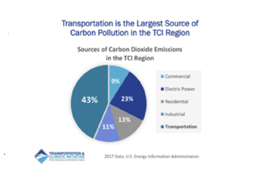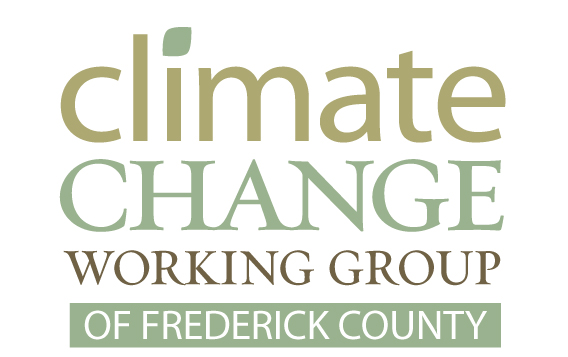
After eight months of work and six drafts, it is my privilege to introduce Achieving Net Zero Greenhouse Gas Emissions by 2050: A Position Paper on Energy and Climate Change in Frederick County.
The paper provides an overview of energy in Maryland and Frederick County, describes the current state of policy, and makes recommendations. Many thanks to the CCWG Energy Group for their work: Nile Oldham, Jeff Wilson, Ron Kaltenbaugh, Elizabeth Law, Bob Robey, Bill Steigelmann, Ellis Burruss, and Ed Grayzeck. Executive Committee member Kerrie Kyde reviewed the final document for grammar, syntax and clarity.
Here’s a press release with more information:

PRESS RELEASE, August 19, 2020
Contact: Karen Russell, Founder & Chair
Karen Russell
LOCAL CLIMATE CHANGE GROUP RELEASES POSITION PAPER ON ENERGY AND FREDERICK COUNTY
A position paper produced by the Climate Change Working Group of Frederick County (CCWG) entitled “Achieving Net Zero Greenhouse Gas Emissions by 2050– Energy and Climate Change in Frederick County,” is now available. The paper identifies factors to consider and actions to take for the County to become carbon neutral in energy consumption, within the timeframe allotted by the Intergovernmental Panel on Climate Change in its 2018 Special Report Global Warming of 1.5°C. It is the first of its kind in the County and written to be understood by those without energy backgrounds.
The CCWG is a volunteer organization formed in 2016, with the idea of bringing together interested residents and experts to understand how climate change will impact the County and then act. Position papers provide an overview of an area impacted by climate change locally, describe the current state of policy, programs and actions, and make recommendations. Members of the CCWG Energy Group include an electrical engineer, who has normalized data from the U.S. Energy Information Administration across sectors: 1) Electricity; 2) Residential, Commercial, Industrial/Agricultural; and 3) Transportation, as well as others with energy backgrounds in government and industry and still others with writing and editing skills.
One major finding of the Group is that while it would be impractical for Frederick County to become energy independent, it may be possible to offset County electricity consumption with greenhouse gas (GHG) emissions-free power generation. State legislation introduced but not finalized during the 2020 Session authorized a Community Choice Energy pilot program to be carried out in Montgomery County, whereby the county could become an aggregator and purchase electricity on behalf of its electric customers. The county could realize a lower cost per kWh and offset its electricity use with carbon and GHG-free energy sources. If enough counties enacted such programs, customer demand could force a faster transition to GHG-free power generation. If similar legislation is passed in an upcoming Legislative Session, and Montgomery County initiates a pilot program, Frederick County could learn more and determine the viability of following suit by requesting the opportunity to closely observe their planning and deliberations.
Other Group recommendations include monitoring State and regional programs that advance the deployment of electric vehicles. Electric public transportation, especially along the I-270 corridor would reduce traffic, as well as GHG emissions. Frederick County has begun to electrify its TransIt fleet and county vehicle fleet. Electrifying school buses could come next.
The CCWG also recommends establishing a County Green Building council to advocate and develop incentives for: accelerating the adoption of more energy efficiency and conservation in building systems retrofits or new construction; incorporating charging stations for electric vehicles when planning new developments and advocating for smart growth that minimizes the human footprint, while creating walkable neighborhoods that reduce the need for driving.
You can read/download the full paper here.
There will also be a presentation on the paper at the next CCWG virtual meeting to be held on Saturday, September 12, from 10 a.m. – noon. Contact me at the following email address, for more information: ccwgfredco@gmail.com